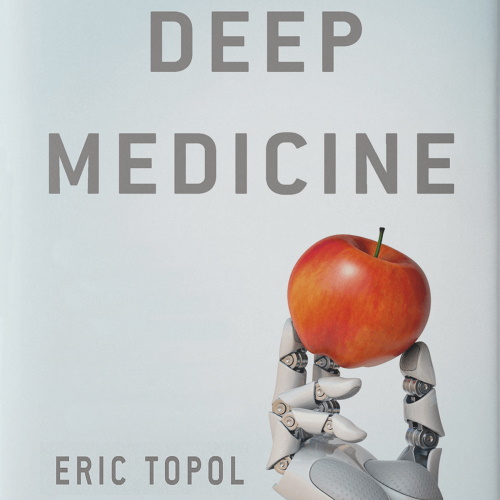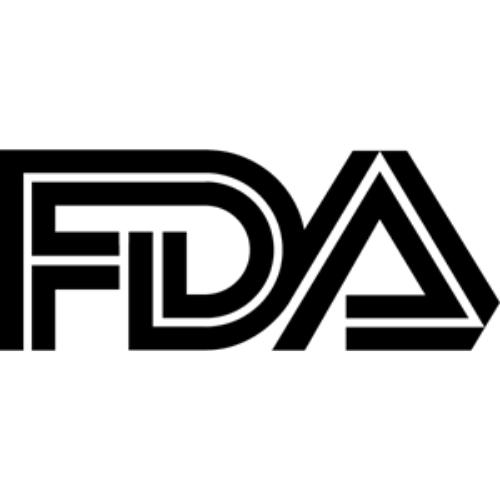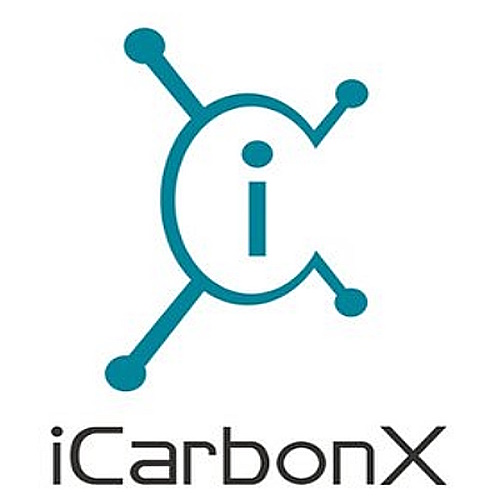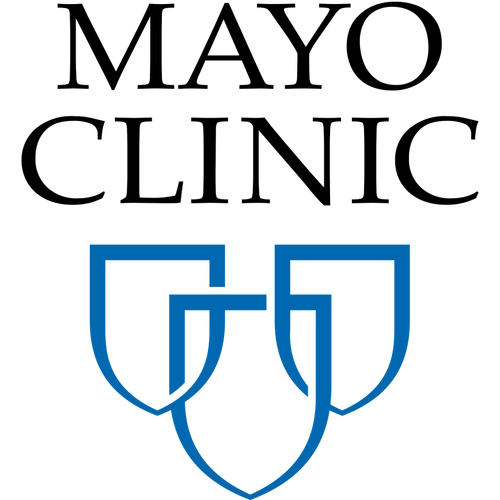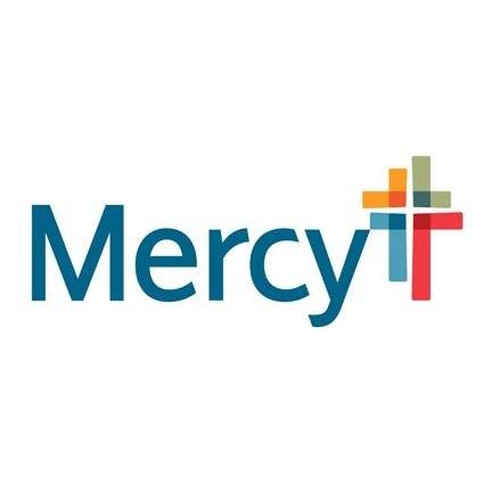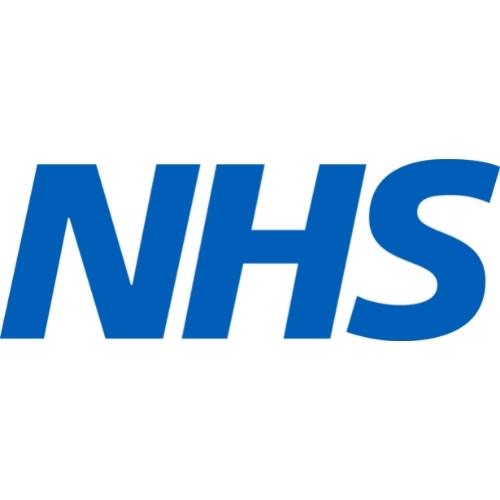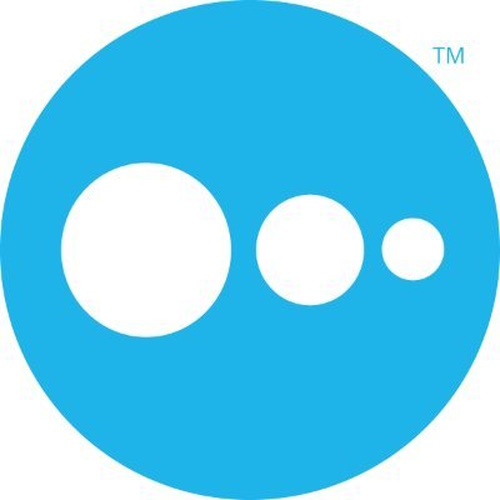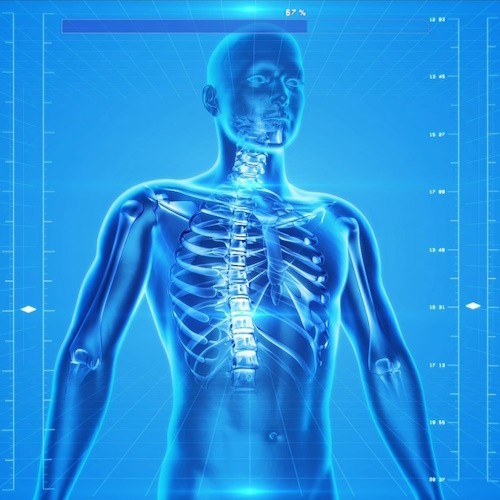Deep Medicine
In Deep Medicine, leading physician Eric Topol reveals how artificial intelligence can help
Medicine has become inhuman, to disastrous effect. The doctor-patient relationship--the heart of medicine--is broken: doctors are too distracted and overwhelmed to truly connect with their patients, and medical errors and misdiagnoses abound. In Deep Medicine, leading physician Eric Topol reveals how artificial intelligence can help. AI has the potential to transform everything doctors do, from notetaking and medical scans to diagnosis and treatment, greatly cutting down the cost of medicine and reducing human mortality. By freeing physicians from the tasks that interfere with human connection, AI will create space for the real healing that takes place between a doctor who can listen and a patient who needs to be heard.
Innovative, provocative, and hopeful, Deep Medicine shows us how the awesome power of AI can make medicine better, for all the humans involved.
Key Points from Deep Medicine
I highlighted 100 key observations whilst reading the book.
Chapter 1 - Introduction to Deep Medicine
- for medicine, big datasets take the form of whole-genome sequences, high-resolution images, and continuous output from wearable sensors
- healthcare is now the largest employer in the United States
- the time spent between doctors and patients has steadily dwindled
Chapter 2 - Shallow Medicine
- disenchanted patients are largely disconnected from burned-out, depressed doctors
- shallow medicine results in mistaken and excessive diagnosis, both of which can result in significant economic waste and human harm
- in the US there are about 12 million significant misdiagnoses a year
- up to one-third of medical operations performed are unnecessary
- nearly half of doctors practicing in the United States today have symptoms of burnout
- patients assigned to the placebo arm consistently have more treatment effect than expected
- 75 percent of patients receiving leading medications do not have the desired or expected benefit
- the shallow medicine we practice today is resulting in extraordinary waste, suboptimal outcomes, and unnecessary harm
Chapter 3 - Medical Diagnosis
- if a doctor thought of the correct diagnosis within five minutes of seeing a patient, the accuracy was a stunning 98 percent
- when doctors have gone into analytic mode and consciously slowed down, diagnostic accuracy has not demonstrably improved
- personal experience as doctors can override hard data derived from much larger samples of people
- one of the greatest biases prevalent among physicians is overconfidence
- each physician may see thousands of patients during his or her career
- one app, Buoy Health, draws upon more than 18,000 clinical publications, descriptions of 1,700 medical conditions, and data provided by more than 5 million patients
- by 2015 IBM claimed that Watson had ingested 15 million pages of medical content, more than two hundred medical textbooks, and three hundred medical journals
- it is essential that we upgrade diagnosis from an art to a digital data-driven science
- narrow AI diagnostics can be remarkably fast and cheap
Chapter 4 - The Skinny on Deep Learning
- the AI revolution is on the scale of the Industrial Revolution
- Mayo Clinic has a remarkable number of patients, which gave AliveCor a training set of more than 1.3 million twelve-lead ECGs
- machine learning tends to work best if you give it enough data and the rawest data you can
- AliveCor’s Kardia band was the first FDA-approved AI algorithm to aid consumers in a medical self-diagnosis
Chapter 5 - Deep Liabilities
- for medicine, instead of billions of data points, we’re typically in the thousands, occasionally in the millions
- “Computers today can perform specific tasks very well, but when it comes to general tasks, AI cannot compete with a human child.”
- some of AI’s biggest achievements to date may have been glorified
- in 2018, the European Union General Data Protection Regulation went into effect, requiring companies to give users an explanation for decisions that automated systems make
- if an AI system made the error, it could injure or kill hundreds or even thousands of patients
- efforts have been launched to systematically audit algorithms as a means to promote fairness
- minorities are frequently underrepresented and sometimes not even included in medical research studies at all
- in November 2015, the National Health Service (NHS) entrusted DeepMind Technologies (a subsidiary of Google/ Alphabet) to transfer a database of 1.6 million electronic patient records, with identifiable data but without explicit consent
- we are in the early days of regulatory oversight of medical algorithms
- in healthcare, there’s even the potential to deliberately build algorithms that are unethical, such as basing prediction of patient care recommendations on insurance or income status
- 2018 Organisation for Economic Co-operation and Development (OECD) report estimates that more than 40 percent of all healthcare jobs can be automated across the globe
Chapter 6 - Doctors and Patterns
- algorithms enable a deeper quantification of the data in scans, releasing heretofore unrecognized value
- arterys specializes in heart MRI and received the first FDA approval for AI medical imaging in 2017
- radiologist not only scours the film for evidence of a lung nodule or lymph node enlargement but also looks for other abnormalities but deep learning of medical images so far has been fairly narrow and specific
- the job of the master explainer is going to be especially vital with machine probabilistic outputs of scan findings
- in some forms of breast cancer, the agreement in diagnosis among pathologists can be as low as 48 percent
- skin conditions are among the most frequent reasons for seeing a doctor— they account for 15 percent of all doctor visits
- one in five Americans will develop skin cancer in their lifetime
- it’s clear that deep learning can help promote accuracy in detection of skin cancer
Chapter 7 - Clinicians Without Patterns
- each year more than 2 million peer-reviewed papers are published
- AI speech processing already exceeds the performance of human transcription professionals
- the knowledge that everything was going to be taped, archived, and parts would be incorporated into the note might well inhibit an informal, free conversation
- systematic review of twenty-eight randomized trials of CDSS failed to show a survival benefit but did show a small improvement in preventing morbidity
- the medical community has a fixation on the average patient, who does not exist
- retinal images can predict a patient’s age, gender, blood pressure, smoking status, diabetes control (via hemoglobin A1c), and risk of major cardiovascular events
- there has been progress in diagnosing heart rhythm via a single lead using modern deep learning approaches
- incorporation of socioeconomic class and ethnicity by the machine learning algorithms improves heart disease risk assessment
- in two years it appears that Tempus Labs has transcended what IBM Watson has done in more than five years with orders of magnitude more of capital and resources
- in 2016 alone more than 4,000 surgical robots helped perform 750,000 operations around the world
- a small randomized trial of the first robotic-assisted microsurgery inside the human eye produced encouraging data for improving outcomes
- all Verb Surgical robots are connected to one another via the Internet, recording data of each procedure and applying machine learning to determine best surgical practice
- using AI algorithms to process data from the remote monitoring of patients at home will mean that there is a dramatically reduced role for hospitals to simply observe patients
Chapter 8 - Mental Health
- humans preferring to trust machines with their innermost secrets instead of other humans— specifically, doctors
- in 2017, 8 million people in the United States talked to Cleverbot just to have something to chat with
- “digital phenotyping” can obtain metrics passively via smartphones in a patient’s real world
- brain magnetic resonance imaging has been shown to be a powerful biomarker to characterize depression
- reduced vowel space has been shown by machine learning algorithms to be significantly altered in more than 250 individuals with PTSD
- a machine learning algorithm developed at Cincinnati Children’s Hospital by John Pestian was reported, in 479 patients, to achieve 93 percent accuracy for predicting serious risk of suicide
- happiness is something we could potentially use technology to measure and improve
Chapter 9 - AI and Health Systems
- new tools are in development using the data in electronic health records to predict time to death with unprecedented accuracy
- multiple studies have taken on the challenge of predicting whether a hospitalized patient will need to be readmitted in the month following discharge from a hospital
- in the United States, more than 20 percent of healthcare spending is related to administration
- Deep Ventricle enables rapid analysis of the heart’s blood flow, reducing a task that can take an hour as blood is drawn and measured by hand to a fifteen second scan
- reinforcement learning has been used as a data-driven means to automate weaning of patients from mechanical ventilation
- there is promise that machine vision AI can be useful to improve patient safety and efficiency
- Lucid Robotic System (by NovaSignal), FDA approved in 2018, which is a device put on the patient’s head that transmits ultrasound waves (via the ear) to the brain, and by AI pattern recognition it helps diagnose stroke
- Mercy Hospital’s Virtual Care Center in St. Louis is the first virtual hospital in the United States, opened in 2015, where all patients are monitored remotely
- UnitedHealth Group is using using natural-language processing to replace keyboarding during office visits
- there will need to be regulation to avoid discrimination against individuals based on risk
- in 2018, an AI-powered robot called Xiaoyi passed China’s medical licensing examination for human physicians
Chapter 10 - Deep Discovery
- AI tools have helped in the discovery of cancer somatic mutations and to understand the complexity of cancer gene interactions
- Epiodyne collated 100 million compounds that haven’t been made but would be easy to synthesize
- robot Eve at the University of Cambridge, endowed with AI library screening capabilities, was able to find multiple lines of evidence for action of an antimalarial drug
- University of Glasgow designed an organic synthesis robot that used machine learning to search for new chemical reactions
- neuromorphic computing is making chips to structurally mimic the brain
Chapter 11 - Deep Diet
- Harvard scientists who published paper indicting dietary fats for heart disease in 1967 were paid by the Sugar Association
- the link of excess sodium with risk for adverse heart and vascular events has been debunked
- each individual reacts differently to the same foods and to precisely the same amount of a food consumed
- the data for nutrigenomics are somewhere between nonexistent and very slim
- bacteria in gut microbiome have their own circadian rhythm
Chapter 12 - The Virtual Medical Assistant
- ResApp Health uses a smartphone microphone to listen to a person’s breathing - its machine learning algorithm can purportedly diagnose several different lung conditions
- “No amount of algorithmic finesse or computing power can squeeze out information that is not present.”
- movement during sleep is just a proxy for brain activity
- iCarbonX's intent is to learn from a million people and develop the ultimate AI virtual medical assistant chatbot
- the EHR is a narrow, incomplete, error-laden view of an individual’s health
- owning your medical data should be a civil right
- “There is no reason to think that virtual medicine will succeed in inducing most patients to cooperate more with their own care, no matter how ingenious the latest gizmos." - Ezekiel Emanuel
Chapter 13 - Deep Empathy
- for every extra minute that a visit lasts, there was a reduction in risk of readmission of 8 percent
- AI can help achieve the gift of time with patients
- empathy is the backbone of the relationship with patients
- it only takes an average of eighteen seconds from the start of an encounter before doctors interrupt their patients
- there will be no AI that will truly know a person
- humanistic interactions are difficult to quantify or digitize
- knowledge, about medicine and individual patients, can and will be outsourced to machine algorithms
- future doctors need a far better understanding of data science, to understand all the liabilities, to recognize bias, errors, false output, and dissociation from common sense
- the road to deep empathy has to go through revamping medical education
Visit website: https://drerictopol.com/book/deep-medicine/
Eric Topol
Founder and director of the Scripps Research Translational Institute, American cardiologist, scientist and author
Details last updated 20-Jun-2019
Mentioned in this Resource
AliveCor
App providing an immediate analysis to detect atrial fibrillation, bradycardia, tachycardia and normal rhythm
Food and Drug Administration (FDA)
Ensuring safety of drugs, medical supplies and food which is used daily.
iCarbonX (ICX)
Biotechnology company that builds a digital life ecosystem by combining consumer life data, the Internet and AI
John Pestian
Professor of Pediatrics, Psychiatry, Biomed Informatics at Cincinnati Children's Hospital Medical Center
Mayo Clinic
Non-profit American academic medical center focused on health care, education, and research
Organisation for Economic Co-operation and Development (OECD)
Intergovernmental economic organisation founded to stimulate economic progress and world trade.
Pfizer
Company developing, producing and marketing affordable, high quality generic drugs and specialty pharmaceuticals
Tempus
Advancing data-driven precision medicine through the practical application of AI in healthcare
UnitedHealth Group
Helping people live healthier lives and helping make the health system work better for everyone
Deep Medicine is also referenced in the following:
ARDD 2021 - 8th Aging Research and Drug Discovery Meeting
31-Aug-2021 to 03-Sep-2021
Online event about latest progress in the molecular, cellular and organismal basis of aging organized by University of Copenhagen chaired by Morten Scheibye-Knudsen, Daniela Bakula and Alex Zhavoronkov, and with many speakers.
